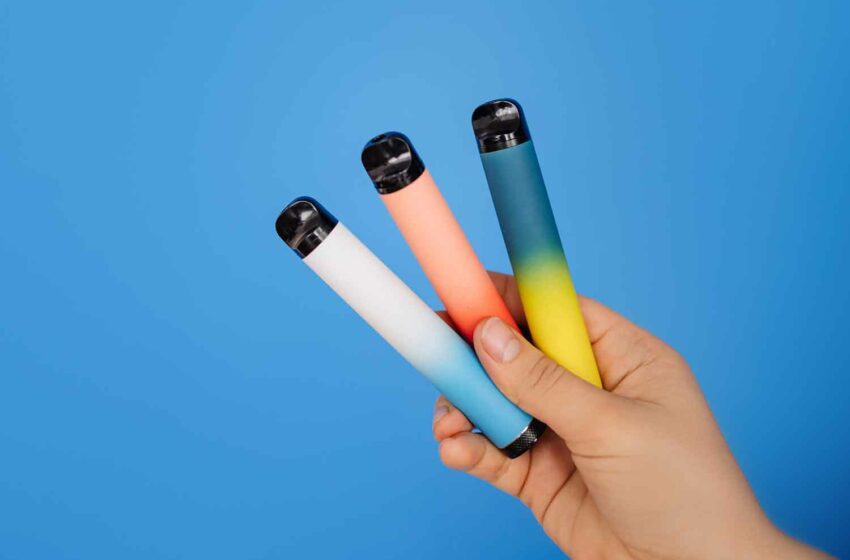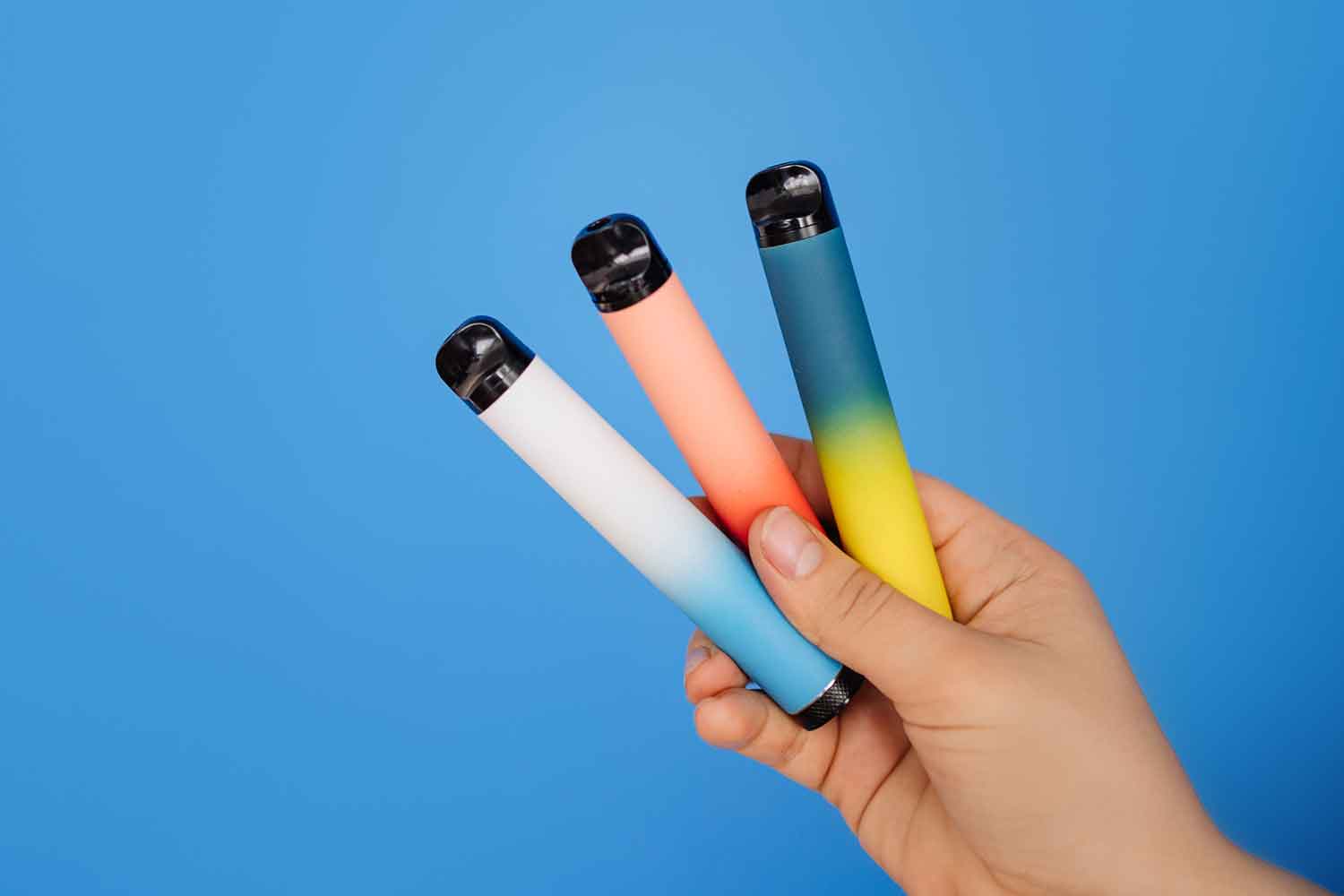The Taxpayers Protection Alliance’s (TPA) Consumer Center accused the World Health Organization Framework Convention on Tobacco Control of ignoring science and the rights of consumers in its pursuit of restrictive tobacco control measures, as the global body prepares for its 10th Conference of the Parties (COP10) this year.
Martin Cullip, an international fellow at TPA issued the statement criticizing the WHO FCTC’s focus on policies known as MPOWER, which rely solely on restrictions on the supply and demand of tobacco products while ignoring other proven measures to help smokers quit.
“While the WHO has had some success in the past, it is far from effective,” Cullip said. “Twenty years ago, when the FCTC treaty was first implemented, there were around 1 billion smokers worldwide and this number is not changing meaningfully.”
Cullip said that despite decades of WHO’s restrictive tobacco control policies, most countries are not reducing smoking fast enough and will miss the WHO’s target to reduce smoking rates by 30 percent.
He said the current approach focusing on control and restrictions, hasn’t delivered on its intended outcomes. “International treaties should have three main aims: grow global membership, encourage parties to implement measures consistent with the aims of the treaty, and measure outcomes as a result of its actions,” he said. “The WHO FCTC does the first two effectively, but not the third one at all.”
“It is the lack of regard for outcomes which has led to many, including former WHO health directors, to declare that its approach is ‘not fit for purpose,’” he added.
Cullip said the WHO’s focus had shifted from tackling the harms of tobacco smoke to fighting nicotine itself. “It seems that reducing death and disease is not an objective for them,” he said. “Their approach has changed to an attack on nicotine, which on its own, causes very little harm, instead of combustible tobacco, which kills.”
He blamed the WHO’s “anti-scientific position” for the rise in global smoking rates, which leave smokers confused and more likely to carry on smoking rather than considering safer products that don’t burn tobacco.
Cullip also criticized the WHO’s alleged disregard for harm reduction strategies, which seek to reduce harm for those who won’t abstain from tobacco use.
He said the WHO has consistently failed to respect article 1(d) of the FCTC which includes “harm reduction strategies” as one of the main pillars of tobacco control.
“Instead, the WHO promotes prohibition. Despite the abject failure of the war on drugs and any other prohibition in modern history, the WHO chooses to wage the war on nicotine. These recommendations distract countries from implementing measures that can improve the lives of their populations,” he said.
Cullip said the WHO’s process excludes public participation and disregards consumer rights, violating the spirit of the Ottawa Charter which emphasizes individual control over health choices.
“It is well past time the WHO FCTC process listened to the public it is supposed to serve,” he said. “The evidence in favor of harm reduction is increasing, and the WHO cannot ignore stakeholders who are central to the debate forever.”
Cullip called on the WHO FCTC to embrace all approaches in its policy discussions, honestly assess evidence and allow for greater public participation to achieve effective tobacco control strategies.
He also suggested that countries explore alternative methods beyond those dictated by the WHO to address their individual smoking challenges.
“Keeping doing more of the same and hoping for a different outcome is insanity. The number of smokers won’t go meaningfully down unless the WHO recognizes that a change is needed. Safer nicotine products are not the enemy, it is smoked tobacco,” he said.






















 The U.S. Food and Drug Administration has issued a marketing denial order (MDO) to Bidi Vapor LLC for its Bidi Stick classic e-cigarette. The Bidi Stick is a closed-system, disposable, tobacco-flavored vaping device.
The U.S. Food and Drug Administration has issued a marketing denial order (MDO) to Bidi Vapor LLC for its Bidi Stick classic e-cigarette. The Bidi Stick is a closed-system, disposable, tobacco-flavored vaping device.
